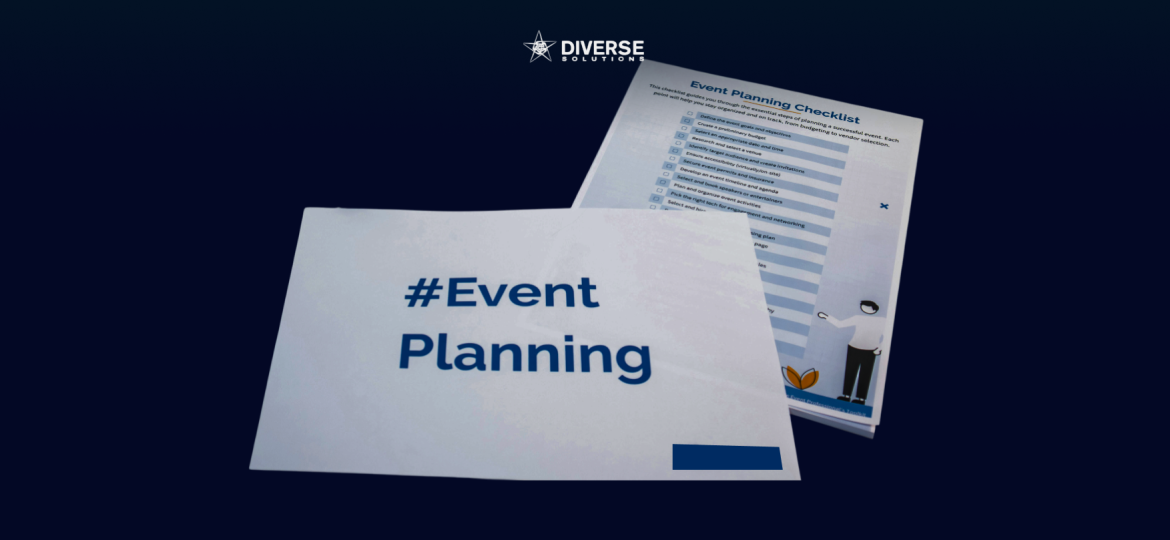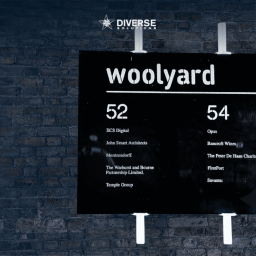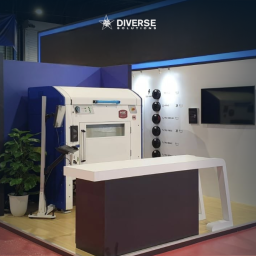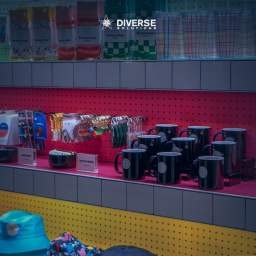
Organizing a successful corporate event requires meticulous planning, flawless execution, and precise follow-through. The following checklist collates industry best practices and expert-backed guidance to ensure your event—from inception to wrap-up—is both strategic and seamless.
-
Start with Purpose, Audience & SMART Goals
Clarify your event’s core objectives: brand awareness, lead generation, team-building, product launch, or customer engagement. Use a SMART framework—specific, measurable, achievable, relevant, time-bound—to define success.
Understand your viewers: executives, clients, partners, or employees. Tailor the tone and content to suit their expectations.
-
Budget & Timeline (9–12 Months Ahead)
Set a realistic budget covering venue, catering, AV, staff, marketing collateral, souvenirs, and contingencies. Allocate at least a 10–15% buffer for unexpected costs.
Build a phased timeline—from 9–12 months out to event day—including key milestones such as venue selection, speaker booking, and marketing campaigns.
-
Choose Venue, Date & Format
Select a venue matching your goals, attendee count, AV needs, and accessibility. Confirm facilities such as staging, AV, Wi-Fi, and food service capabilities.
Choose a suitable date and double-book hold options to avoid conflicts with holidays or industry events.
-
Speakers, Sponsors & Vendors
Book keynote speakers, entertainers, or panelists at least 8–12 months in advance. Ensure contracts and needs (tech riders, travel, accommodation) are confirmed.
Choose vendors—catering, decor, registration platforms, AV—based on reliability, responsiveness, and alignment with your sustainability goals.
-
Marketing & Attendee Engagement
Develop a multi-channel promotion strategy, using email, social media, and partner outreach. Create branded invitations and use registration software or event apps for tracking.
Enhance engagement onsite with Q&A sessions, live polling, gamification, or networking spaces.
-
Branding, Program & Logistics
Finalize branding, theme, signage, agendas, and delegate materials. Include wayfinding signage, name badges, and event collateral.
Plan seating, layout, décor, lighting, and audiovisual setups. Conduct rehearsals and staff briefings to align duties.
-
Catering, Accessibility & Compliance
Plan food and beverage with dietary accommodations in mind (vegetarian, halal, gluten-free). Confirm logistics with the caterer.
Ensure accessibility, security coverage, insurance, and emergency planning—especially for high-traffic or live-streamed corporate events.
-
Sustainability & Responsible Execution
Incorporate eco-friendly practices: reduce single-use plastics, offer reusable nametags, enable digital agendas, offset travel emissions, choose local vendors, and recycle waste.
Adopt recognized standards like ISO 20121 (Event Sustainability Management) for structured environmental and social impact management.
-
Event Execution: Final Week & Day-of Operations
In the last one to two weeks, reconfirm vendor deliverables, AV logistics, staff roles, and run-of-show details. Conduct a site walkthrough and rehearsals.
On event day, run check-in desks, oversee setup, monitor timing, coordinate team support, and troubleshoot live issues. Ensure all staff are aligned on communication channels and emergency procedures.
-
Post-Event Wrap-Up & Evaluation
Send thank-you messages to speakers, sponsors, and attendees. Collect feedback through surveys. Analyze attendance data, engagement metrics, and budget variances.
Conduct a debrief with your internal team, review what worked and what didn’t, and document insights for future events.
Quick Reference Checklist Table
| Phase | Key Action Items |
| Strategic Planning | Define goals, audience, budget, and brand identity |
| Logistics Setup | Select venue, date, AV, accommodation, catering |
| Content & Branding | Finalize program, speakers, signage, engagement features |
| On-Site Execution | Rehearse, manage check-in, crowd flow, tech support |
| Sustainability | Use digital materials, recycle, offset impact |
| Post-Event Follow-Up | Feedback surveys, metrics review, thank-you, lessons-learned |
Final Thoughts
A professionally executed corporate event demands alignment across strategy, logistics, branding, engagement, and evaluation. Using this comprehensive checklist backed by reputable industry standards will help you deliver impactful corporate events—from start to finish.
For more information and to explore our offerings, visit Diverse Solutions Singapore.




